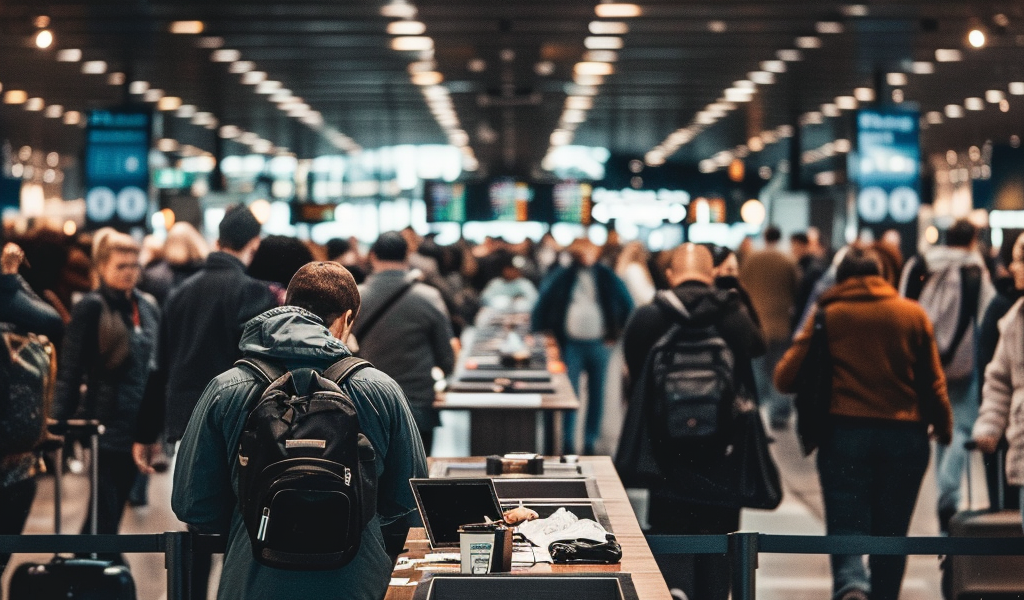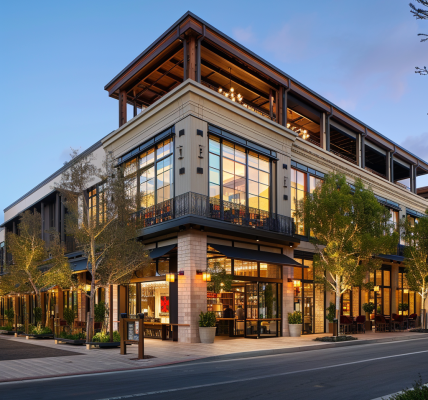Major UK airports are set to miss the deadline to eliminate the 100ml liquid rule this summer, resulting in holidaymakers having to adhere to the old security regulations during the peak holiday season. Airports such as Heathrow, Gatwick, and Manchester are now expected to have until June of the following year to implement new scanners that would allow passengers to carry up to two litres through security.
The Department of Transport had initially mandated a deadline of June 2024 for all major UK airports to introduce new 3D scanners that would eliminate the need to remove liquids and laptops during pre-flight security checks. Additionally, the 100ml liquid rule would be discontinued, permitting passengers to bring bottles of up to two litres. While several smaller airports across the UK have already adopted the new technology, including Teesside and London City airport, Birmingham is poised to become the first major UK airport to abolish the 100ml liquid rule from June 1, just in time for the school holidays.
Current Restrictions on Liquids
Most airports worldwide impose restrictions on the amount of liquids allowed in carry-on luggage. Presently, the limit is one litre, distributed across containers with no more than 100ml of liquid, gel, or cream inside. All liquids must be placed in a clear, resealable plastic bag measuring approximately 20cm x 20cm and removed from luggage for scanning at airport security.
These regulations were implemented in 2006 following the foiling of an al-Qaeda plot by the Metropolitan police, which aimed to use liquid explosives concealed in 500ml soft drink bottles to bring down transatlantic flights. This led to an immediate ban on the carriage of all liquids, except baby milk, in hand luggage. Subsequently, the ban was relaxed in November 2006 to permit liquids, gels, or creams in quantities of 100ml or less, as long as they were packed in a clear plastic bag and removed from luggage before screening. While this rule was widely criticized for causing long security queues at airports worldwide, it was swiftly adopted by most other countries.





